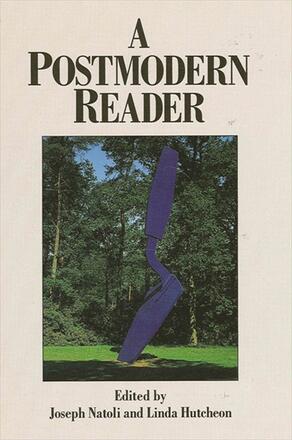
Description
These readings are organized into four sections. The first explores the wellsprings of the debates in the relationship between the postmodern and the enterprise it both continues and contravenes: modernism. Here philosophers, social and political commentators, as well as cultural and literary analysts present controversial background essays on the complex history of postmodernism. The readings in the second section debate the possibility—or desirability—of trying to define the postmodern, given its cultural agenda of decentering, challenging, even undermining the guiding "master" narratives of Western culture. The readings in the third section explore postmodernism's complicated complicity with these very narratives, while the fourth section moves from theory to practice in order to investigate, in a variety of fields, the common denominators of the postmodern condition in action.
Joseph Natoli teaches postmodernism at the Center for Integrated Studies/Arts and Humanities at Michigan State University. He is the editor of Tracing Literary Theory, Literary Theory's Future(s), and Psychological Perspectives on Literature: Dissident Freudian and Non-Freudian; author of Mots D'Ordre: Disorder in Literary Worlds also published by SUNY Press, and Twentieth Century Blake Criticism: Northrop Frye to the Present, and co-author of Psychocriticism. Linda Hutcheon is Professor of English and Comparative Literature at the University of Toronto. She is the author of A Poetics of Postmodernism: History, Theory, and Fiction; The Politics of Postmodernism; and The Canadian Postmodern.
Reviews
"Those who recognize that the concept of postmodernism is with us to stay and who meet the necessary responsibility of bringing it to our students will welcome this book. It is ample in its offerings; and from the point of view of the potential user, the convenience and utility of the collection are prime virtues.
"The mix is refreshing. The selections are both varied and representative; they touch on essential aspects of the topic and exhaust its full range; they also underscore the conflictive nature of what is called 'the postmodern'. " — John W. Kronik, Cornell University
"This is an outstanding book—timely, lucid, and much-needed—whose aims are well-fulfilled and that moves with ease from theory to practice. "— Alison M. Lee, The University of Western Ontario